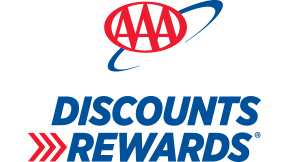Not ready to retire? We have you covered.
Here's what you need to know if you plan to keep working.
If you plan to keep working after you turn 65 or you have employer health coverage through a spouse, you may not need to enroll in Medicare during your Initial Enrollment Period (IEP). How you get your health insurance now and the number of employees at your (or your spouse's) company will impact your Medicare enrollment timeline. Learn more about your Medicare options by answering a few questions below.
In some cases, switching from your employer-based plan to a Medicare Advantage plan may save you money and help you enjoy additional benefits. For instance, if you’re paying a high percentage of your health insurance premiums or you’re enrolled in a high deductible health plan, switching to a Medicare Advantage plan might be a better value. Our knowledgeable Medicare team can do the math and give you unbiased guidance about your best options.
Learn more about your Medicare options by answering a few questions below.









